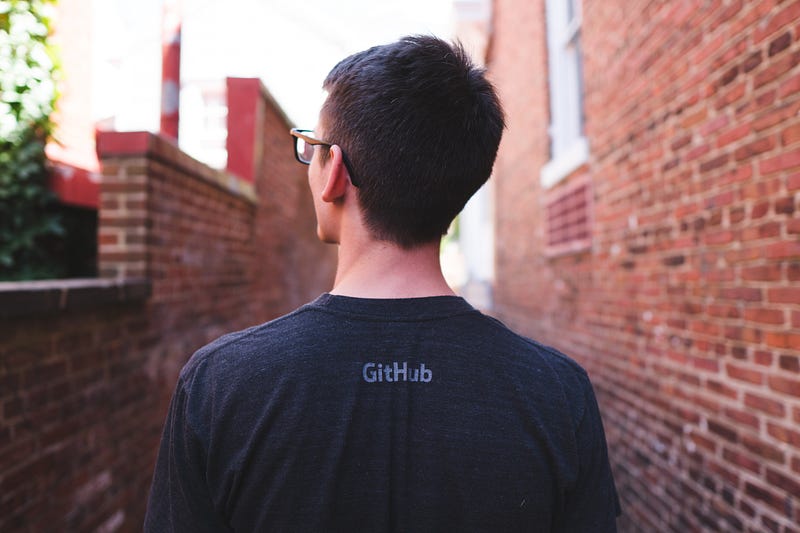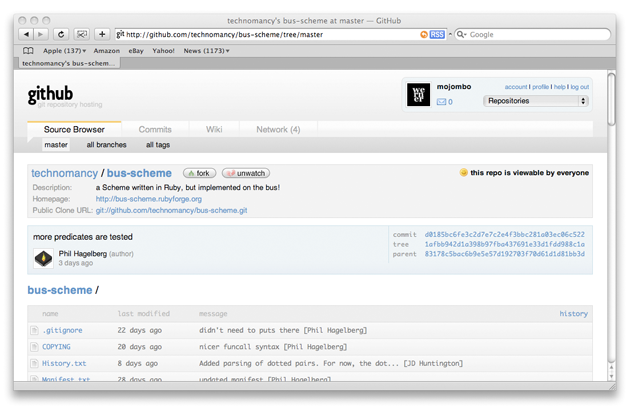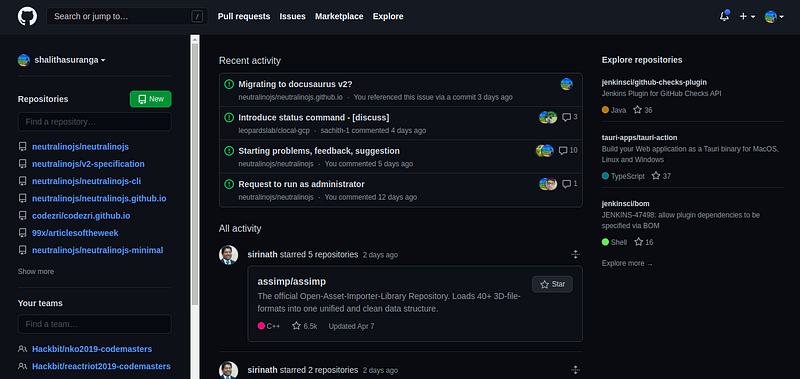# GitHub: Evolving from Repository Hosting to Developer Community
Written on
Chapter 1: GitHub's Transformation
GitHub began its journey primarily as a platform for hosting Git repositories, enabling developers to collaborate on projects. This service allowed programmers to showcase their open-source work, with community members forking repositories and contributing code changes through pull requests.

Photo by Caleb White on Unsplash
By 2008, GitHub was already on the rise.

The platform experienced exponential growth, doubling its repository count annually and surpassing one million repositories by 2010. Entering the 2010s, GitHub focused on community-driven features, promoting the concept of "social coding." This term reflects the collaborative spirit of software development, where community members contribute code, report issues, and test software, while project maintainers consider their input.
Section 1.1: Social Media vs. Social Coding
Social media platforms typically allow users to share achievements and interests. Similarly, GitHub enables developers to bookmark repositories, display their contributions through commit histories, and follow various topics. Just as social media offers personalized news feeds based on user interests, GitHub provides updates from followed users and highlights trending projects.

GitHub’s activity feed, a screenshot by the author.
A robust notification system is essential for any social platform, and GitHub's notification page offers a variety of alerts, enhancing its role as a social network for developers. These enhancements have drawn in new users while keeping existing ones engaged.
Section 1.2: The Impact of Microsoft's Acquisition
In my view, Microsoft's acquisition of GitHub has significantly influenced its trajectory. Microsoft recognized the potential of social coding, which is increasingly vital as software companies maintain GitHub organizations filled with open-source repositories, even for proprietary products. Many startups are now adopting open-source models rooted in social coding.
Initially, there were concerns that Microsoft would undermine GitHub's community features by integrating its own products. Thankfully, Microsoft acknowledged its reliance on the open-source community and has since enhanced GitHub with valuable features related to social coding.
Chapter 2: New Features and Future Predictions
The first video, "How To Fix Support For Password Authentication Was Removed On GitHub," provides insights into resolving GitHub authentication issues.
The second video, "GitHub Forks, Git Branch and Remotes Explained," dives into the intricacies of GitHub's forking and branching mechanisms.
In recent years, GitHub has introduced several enhancements:
- Mobile Application: Like other social media platforms, GitHub launched a mobile app to facilitate developer connectivity.
- Discussions: A communication tool that allows community members to engage without relying on outdated mailing lists or external chat applications.
- Packages: A service that consolidates various open-source libraries into a single registry.
- Funding: An integrated donation system for open-source projects, replacing external links with in-platform capabilities.
I anticipate Microsoft will continue to roll out more innovative features to transform GitHub into a comprehensive social coding platform. In-site messaging could enhance direct communication among developers, and tighter integration with Microsoft's popular tools is likely.
The introduction of GitHub Codespaces illustrates this trend, allowing developers to create cloud-based development environments seamlessly.
As GitHub evolves, we can expect new features that bolster developers' online presence. Many tech companies encourage employees to maintain GitHub profiles, which has led to the introduction of features like status updates and customizable README files. Future enhancements might include career timelines and skill management tools.
Conclusion
Source code serves as the foundation of every software project. With both code and community, GitHub opens up limitless possibilities for collaboration. The growth of open-source initiatives signals a promising future for the platform.
Ultimately, we might find ourselves coding, discussing, and deploying entirely within GitHub, eliminating the need for other tools.